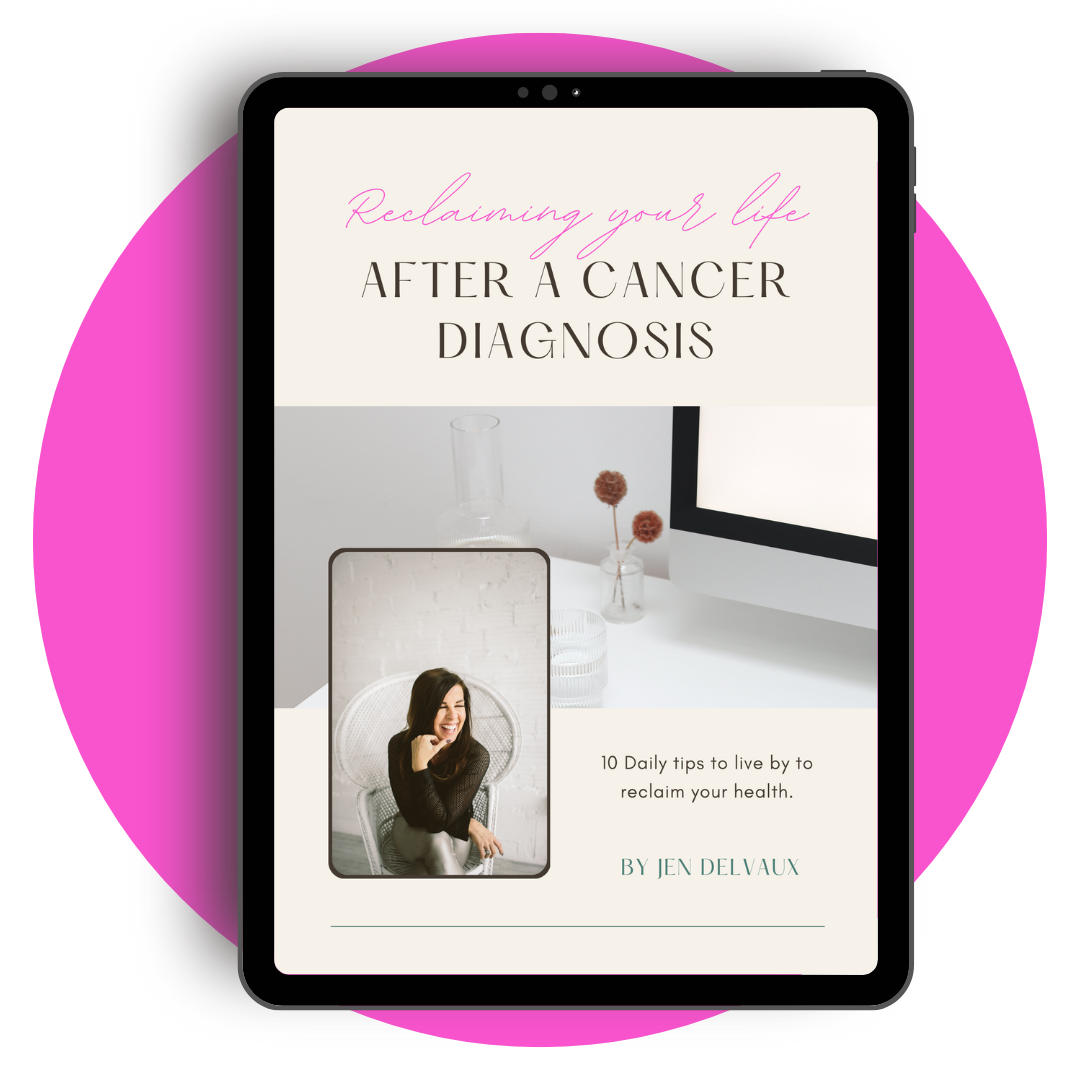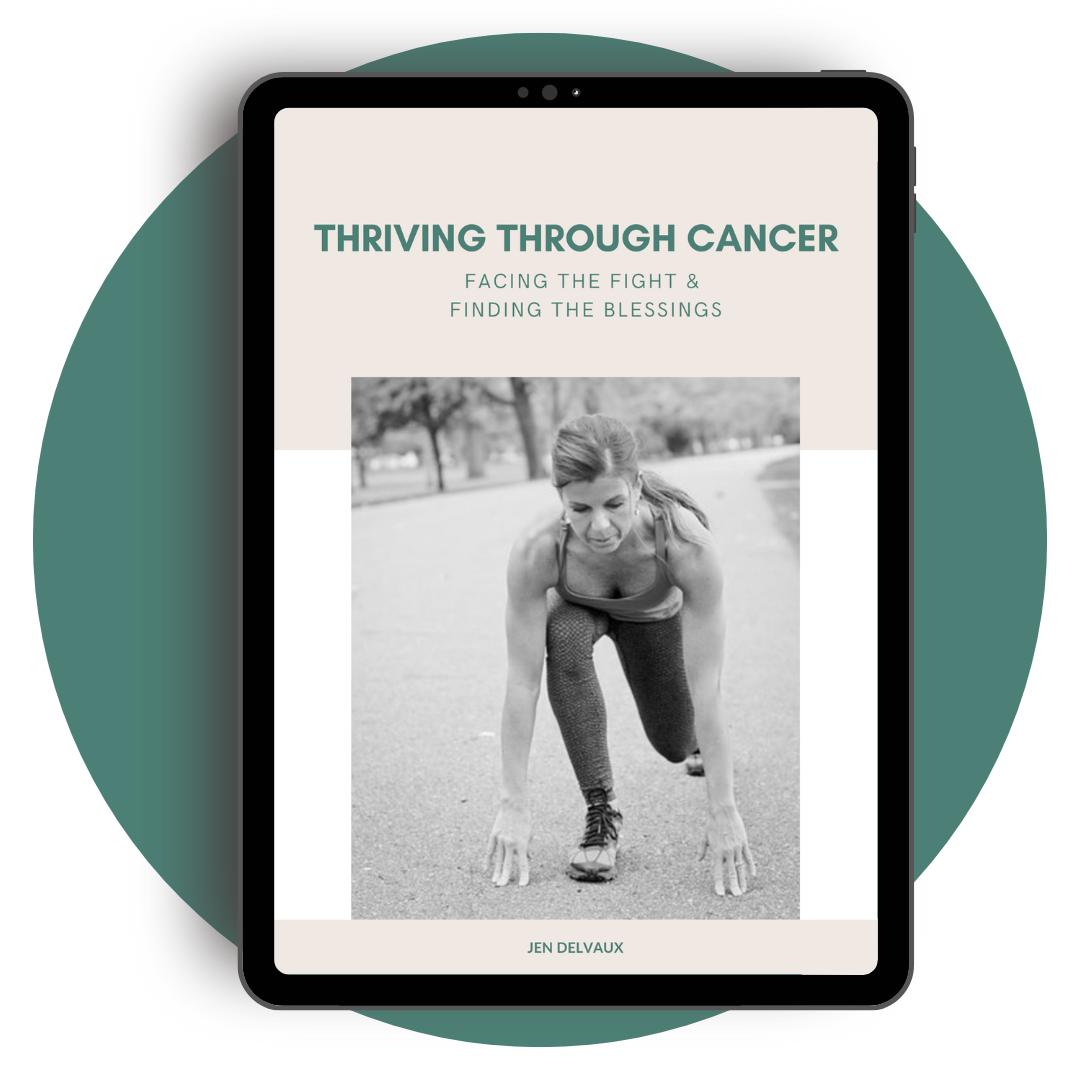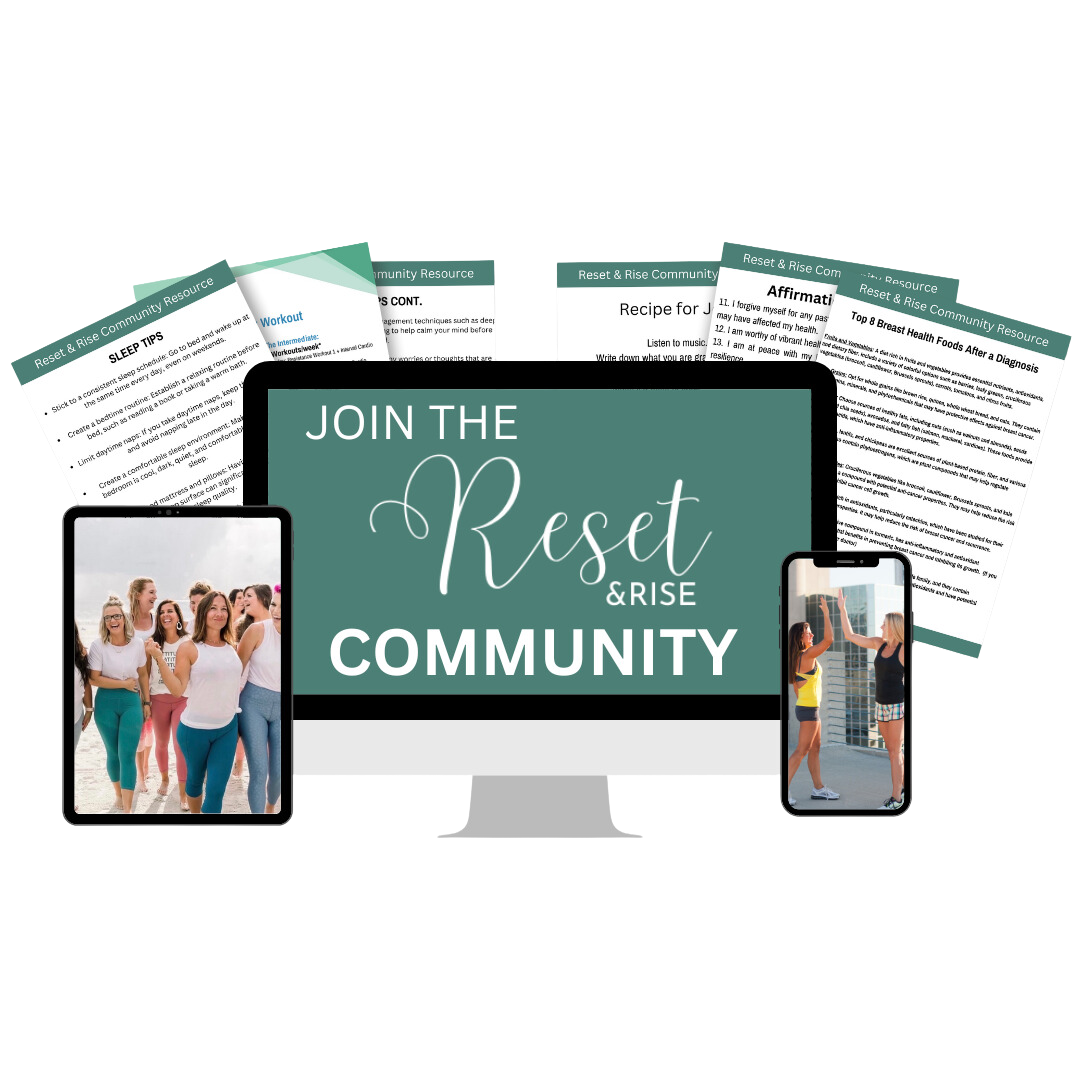Navigating a Cancer Diagnosis: First Steps and Emotional Support
Jul 25, 2024
Today, I want to talk about the first steps in navigating a cancer diagnosis and some things I wish I knew when I first started this journey. Whether you’re a patient, a caregiver, or someone supporting a loved one, I hope these insights offer you valuable guidance and comfort.
Go Slow
When you first receive a cancer diagnosis, it’s natural to feel an urgent need to act immediately. But one of the most important things I learned is to go slow. Nine times out of ten, you have time to process the information, consult with multiple doctors, and make informed decisions. It's easy to react out of fear, but taking a step back allows you to make decisions that are best for your health and well-being. Give yourself permission to take a deep breath and gather all the information you need before moving forward.
Take a moment today to breathe deeply and center yourself. Write down any questions or concerns you have about your diagnosis and plan to discuss them with your doctor at your next appointment.
Take Charge of Your Care
You are in the driver's seat of your health journey. It's essential to take charge of your care. If something doesn't feel right, don't hesitate to seek a second opinion, or even a third or fourth. Trust your instincts. Your body, your feelings, and your experiences are valid, and they matter. You have the right to feel confident in your treatment plan and the medical professionals you choose to work with.
If you have any lingering doubts about your current treatment plan, make a list of other healthcare professionals or specialists you could consult for a second opinion. Research their backgrounds and prepare to reach out to them.
Find Inspiration
One of the most empowering things you can do is find someone who is a step ahead of you in their cancer journey and is thriving. Look for individuals who have faced similar challenges and have come out stronger on the other side. Their stories can provide hope, guidance, and a sense of community. Focus on their strength and resilience; let their experiences inspire you and remind you that thriving is possible.
Seek out stories of survivors who inspire you. This could be through books, podcasts, or support groups. Consider joining a support group where you can connect with others who are on a similar journey.
Believe in Your Body's Power
Your body is incredibly powerful and capable of healing. Belief in your body’s ability to heal is crucial. If you’re struggling with belief, start journaling and affirming your body’s strength and resilience every day. Write down positive affirmations, visualize your body healing, and speak kindly to yourself. Your mindset can significantly impact your healing journey.
Start a daily journaling practice. Each morning, write down three positive affirmations about your body's ability to heal. Visualize your body getting stronger and healthier with each passing day.
Emotional Healing
Navigating a cancer diagnosis is not just about the physical aspects; it's also about emotional healing. Allow yourself to feel all the emotions that come with this journey – fear, anger, sadness, and even joy. Seek support from therapists, support groups, or trusted friends and family. Talking about your feelings and experiences can be incredibly therapeutic. Remember, it's okay to ask for help, and it's okay to take time for self-care. Emotional well-being is just as important as physical health.
Schedule time this week to talk with a therapist, join a support group, or have a heart-to-heart with a trusted friend. Allow yourself to express your feelings openly and honestly.
Navigating a cancer diagnosis is a complex and personal journey, but you don’t have to do it alone. Take things slow, trust your instincts, find inspiration, believe in your body’s power to heal, and prioritize your emotional health. Remember, you are never alone! Join me and dozens of women who are choosing to Reset & Rise through and after their cancer diagnosis!
I hope these insights provide you with comfort and guidance as you move forward. Until next time, take care and stay strong.









